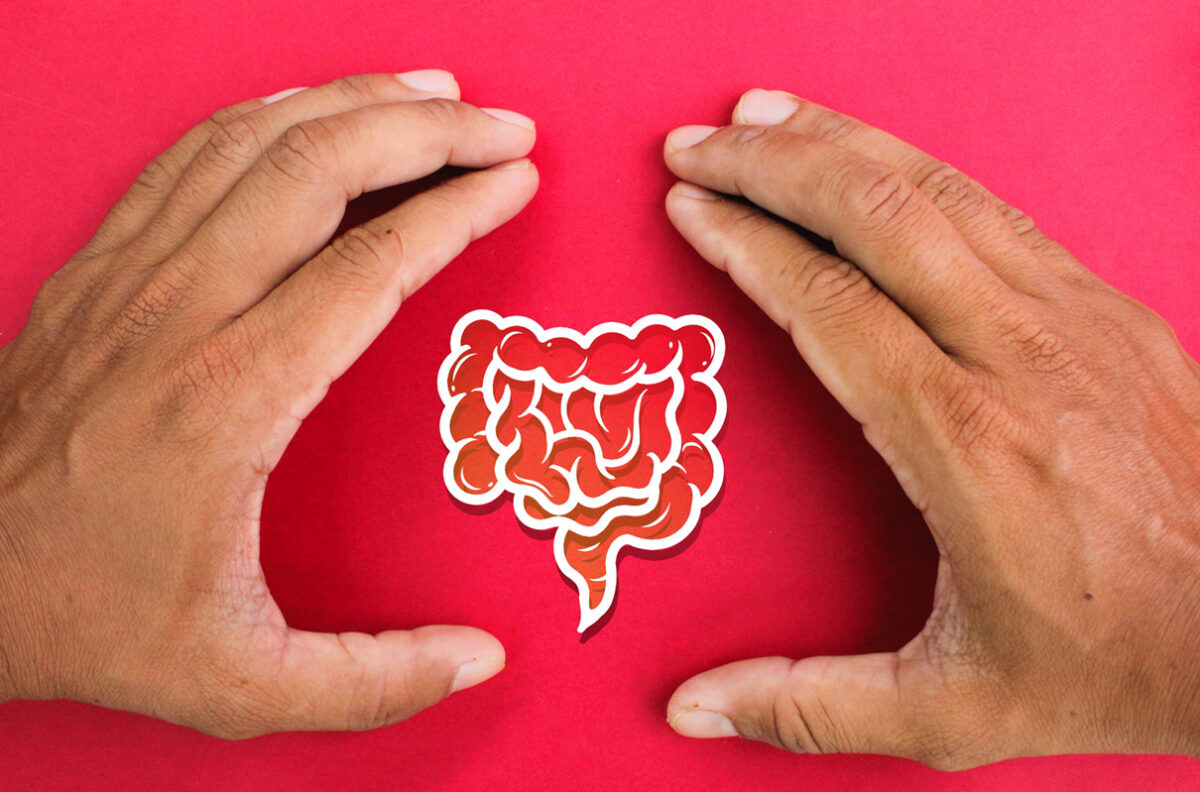Personalized Care with a Board-Certified Expert in Internal Medicine and Nephrology
For individuals seeking a more personalized and attentive healthcare experience, concierge primary care provides a superior alternative to traditional medical practices. Dr. Nicole Basile, a board-certified physician in both Internal Medicine and Nephrology, offers concierge primary care services in West Palm Beach. She serves patients in Wellington, West Palm Beach, Manalapan, Palm Beach Island, Jupiter Island, Juno Beach, Tequesta, and Singer Island, many of whom divide their time between Florida and New York. By choosing a physician with dual board certification, patients benefit from specialized expertise in both general health and kidney-related conditions, ensuring comprehensive management of chronic illnesses and seamless medical care, no matter where they reside.
Extended Medical Appointments and Individualized Treatment Plans
One of the most valuable aspects of concierge medicine is the individualized attention and extended time spent with each patient. Unlike traditional practices, where physicians often see dozens of patients daily, Dr. Basile’s concierge model allows for longer, in-depth appointments. This personalized approach is particularly beneficial for those managing chronic illnesses such as hypertension, diabetes, and kidney disease, as it enables thorough discussions, tailored treatment plans, and proactive monitoring to prevent complications. Patients receive care that is centered around their unique medical history and lifestyle, leading to better long-term health outcomes.
Seamless Medical Record Access for Seasonal Residents
For seasonal residents who move between Florida and New York/New Jersey, maintaining seamless communication between healthcare providers is essential. Dr. Basile ensures that medical records are meticulously updated and readily accessible, preventing lapses in care when transitioning between states. This level of transparency is critical for patients who require ongoing management of chronic conditions or specialist referrals. Whether a patient needs hospital care in Florida or a specialist consultation in New York, having a physician who facilitates communication between providers ensures that all medical decisions are well-informed and aligned with their overall health strategy.
Expert Chronic Disease Management with Dual Board Certification
Dr. Basile’s expertise in both Internal Medicine and Nephrology is particularly valuable when managing chronic illnesses and complex conditions. Patients with kidney disease, high blood pressure, or metabolic disorders benefit from her specialized knowledge, which allows for early detection of complications and customized treatment plans. By focusing on preventative care, she helps patients maintain their health and reduce the risk of hospitalizations. This proactive approach emphasizes wellness strategies such as advanced diagnostic testing, regular screenings, and lifestyle modifications to prevent disease progression and improve overall quality of life.
24/7 Access to a Concierge Primary Care Physician
Concierge care also provides unparalleled access to medical guidance and direct physician communication. Dr. Basile’s patients enjoy 24/7 access through phone calls, text messaging, and virtual consultations, allowing them to address medical concerns promptly, even when traveling. This is particularly beneficial for individuals who spend part of the year in New York and require ongoing care without delays. Whether a patient needs prescription refills, urgent medical advice, or coordination of care with a specialist, having a physician who is always available ensures continuity and peace of mind.
Hospital Advocacy and Coordinated Care
Another critical benefit of concierge primary care is hospital advocacy and care coordination. Should a patient require hospitalization whether at St. Mary’s Medical Center, Good Samaritan Medical Center or Jupiter Medical Center, Dr. Basile acts as a direct liaison, ensuring that medical teams are well-informed about the patient’s history and ongoing treatment plan. Her involvement helps prevent unnecessary tests, duplicate procedures, and miscommunications that often occur in hospital settings. With strong connections to top healthcare providers in both Florida and New York, she ensures that her patients receive high-quality, coordinated care wherever they are.
Why Choose Concierge Primary Care with Dr. Nicole Basile?
Choosing concierge primary care with Dr. Nicole Basile means receiving a higher level of personalized, proactive, and transparent healthcare. Her dual board certification in Internal Medicine and Nephrology provides an added layer of expertise for patients managing chronic illnesses, ensuring they receive comprehensive and specialized care. For individuals who live part-time in Florida and part-time in New York/New Jersey, this approach eliminates the stress of fragmented medical records and inconsistent care. Instead, it offers a seamless, patient-focused experience that prioritizes long-term health and well-being, making it an invaluable choice for those seeking exceptional medical care year-round.









